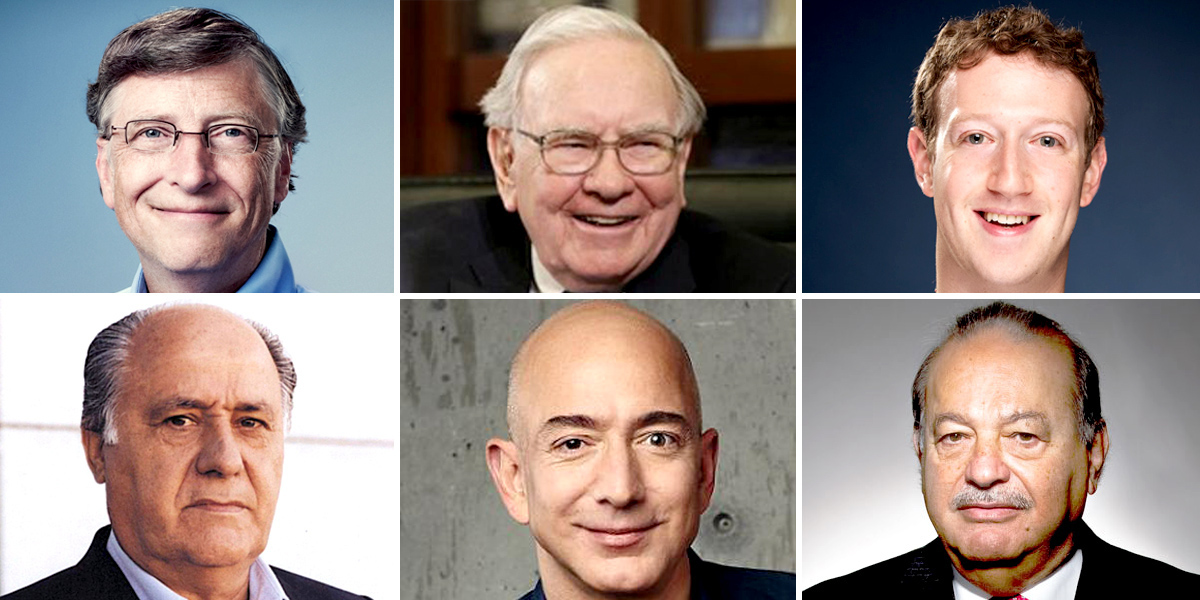MOST RECENT
POPULAR

The best of EcoWatch, right in your inbox. Sign up for our email newsletter!

By Paul Buchheit
Yes, inequality is getting worse every year. In early 2016 Oxfam reported that just 62 individuals had the same wealth as the bottom half of humanity. About a year later Oxfam reported that just eight men had the same wealth as the world’s bottom half. Based on the same methodology and data sources used by Oxfam, that number is now down to six.
https://twitter.com/EcoWatch/status/821160194956820480 org. Reposted with permission from our media associate Common Dreams.
Learn How Much Solar Panels Cost in Your State
EcoWatch Daily Newsletter
Related Articles from EcoWatch
Recent Stories from EcoWatch

 233k
233k  41k
41k  Subscribe
Subscribe 